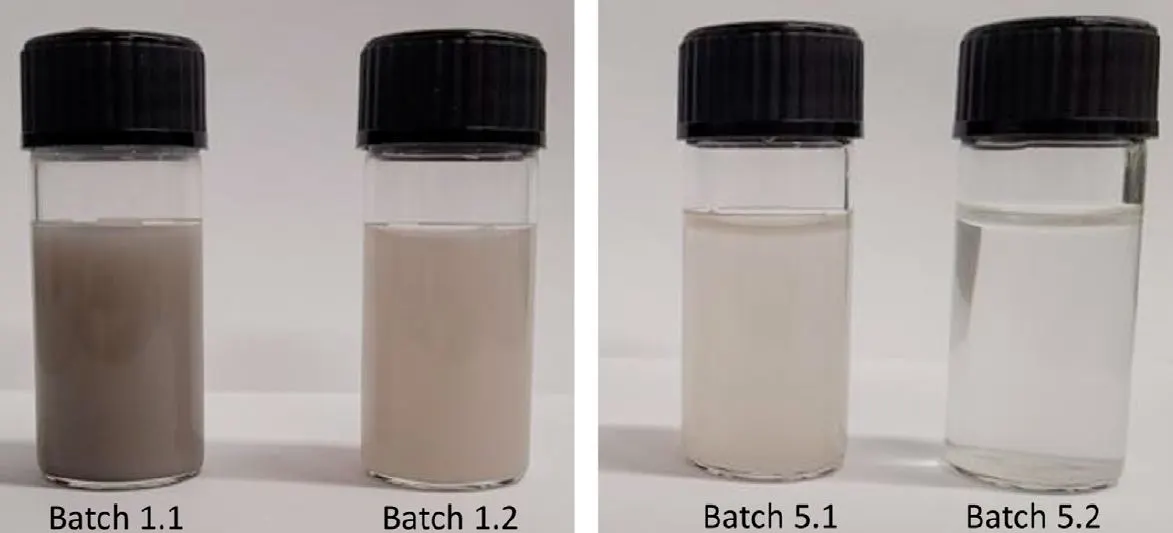Water purification is a big business on Earth. Companies offer everything from desalination to providing just the right pH level for drinking water. But on the Moon, there won’t be a similar technical infrastructure to support the astronauts attempting to make a permanent base there. And there’s one particular material that will make water purification even harder – Moon dust.
We’ve reported plenty of times about the health problems caused by the lunar regolith, so it seems apparent that you don’t want to drink it. Even more so, the abrasive dust can cause issues with seals, such as those used in electrolyzers to create rocket fuel out of in-situ water resources. It can even adversely affect water purification equipment itself.
Unfortunately, this contamination is inevitable. Lunar dust is far too adhesive and electrostatically charged to be kept completely separate from the machinery that would recycle or purify the water. So, a group of researchers from DLR in Germany decided to test what would happen if you intentionally dissolved lunar regolith.
The short answer is, unsurprisingly, nothing good. Dissolved lunar regolith causes pH, turbidity, and aluminum concentrations all exceed World Health Organization benchmarks for safe drinking water. This happened even with short exposure times (2 minutes) and static pH values, as they used a 5.5 pH buffer in part of the experiments.
Experimental study to characterize water contaminated by lunar dust
https://www.frontiersin.org/journals/space-technologies/articles/10.3389/frspt.2024.1366591/full



Keep in mind this is just the moon, if the water purification on site doesnt work out we could still ferry fresh water up and wastewater down (to be returned to the ecological cycle). It would just be a larger logistical effort, but not prohibitively so.
I also dont think we will get a race of moon humans with different water requirements, it is both too inconvenient to make the moon autonomous and not worth the effort with earth being right there. Personnel on a moon base would most likely do a tour of duty or two and go back home, similar to how ISS astronauts are operating at the moment.
Eventually when we get to colonize mars that will be a more pressing concern again, with the distance making self sufficiency absolutely necessary.